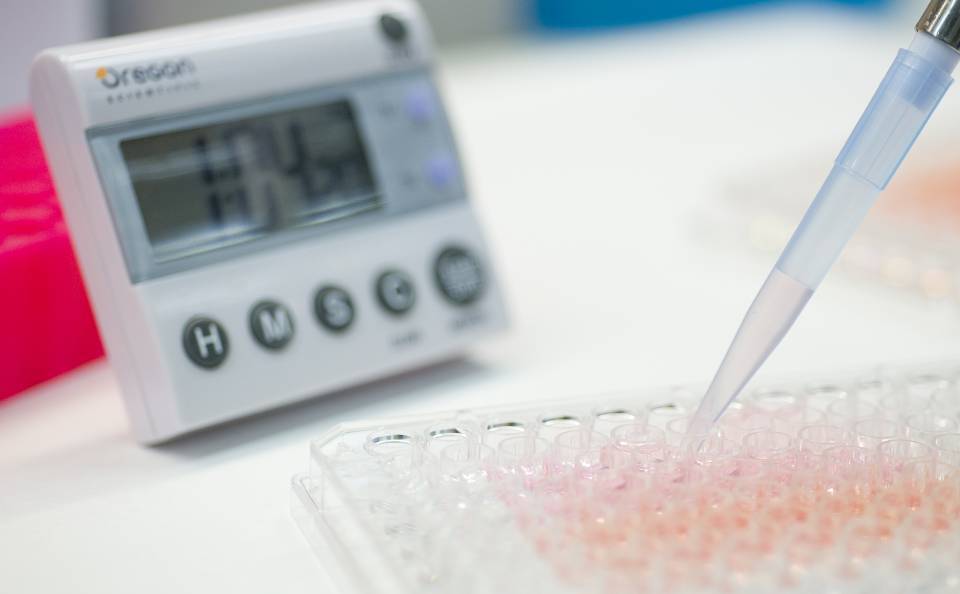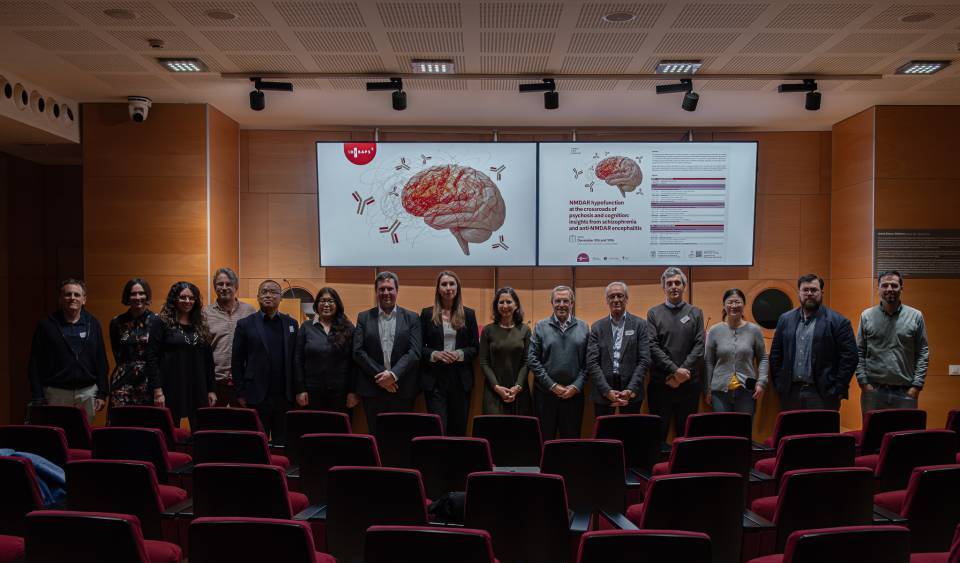Idelalisib, the first-in-class PI3Kδ inhibitor has been approved by the FDA for Relapsed/Refractory (R/R) follicular lymphoma (FL), but the molecular mechanisms of resistance/sensitivity remain elusive and are fundamental to predict which patient may benefit from this therapy. Using as a model system ex vivo co-cultures of FL lymph node biopsies with supportive follicular dendritic cells (FDCs), the authors have uncovered that idelalisib interferes with FDC-induced genes related to angiogenesis and cell dissemination just in a subset of FL samples, defining a 18-gene signature fingerprint of idelalisib sensitivity with potential clinical utility.
FL is characterized by a prominent supportive role of immune microenvironment. In this study, the authors have also uncovered that this PI3Kδ inhibitor reshapes FL immune microenvironment reducing the recruitment of immunosuppressive regulatory T cells and the supportive T Follicular Helper to the FL niche. The overall consequence is that PI3K δ inhibition reduces microenvironment support and makes FL cells more prone to die, especially if combined therapy is applied. In this regard, this study has been rounded exploring potential therapeutic combinations. BCL-2 inhibition by venetoclax has proven to be a good partner for B-Cell Receptor (BCR kinase) inhibitors (BTKi, PI3Ki and Syki) in several lymphoid malignancies, different from FL. Surprisingly, despite that BCL-2 overexpression is a genetic hallmark of FL, the BCL-2 inhibitor venetoclax has shown limited clinical activity in this lymphoma. To better understand this apparent contradiction, the authors characterized the BCL-2 dependency in a set of FL patient samples by BH3 profiling, a functional assay designed to interrogate mitochondrial apoptotic machinery. Using this validated technique, they have uncovered that FL immune microenvironment augmented tumor addiction to several “BCL-2 family proteins” mainly BCL-XL, MCL-1 and BFL-1, thus reducing the activity of the BCL-2 inhibitor venetoclax. Noteworthy, idelalisib restores FL dependence on BCL-2 and venetoclax activity providing a mechanistic rationale for investigating the combination of PI3Kd inhibitors and venetoclax in clinical trials. In this regard the Spanish Lymphoma Study group (GELTAMO) have approved a proposal to initiate a phase 1b/2 clinical trial with this new therapeutic combination in R/R FL, that is now under evaluation by the corresponding pharmaceutical companies.
PI3Kδ inhibition reshapes follicular lymphoma-immune microenvironment cross talk and unleashes the activity of venetoclax.
Serrat N, Guerrero-Hernández M, Matas-Céspedes A, Yahiaoui A, Valero JG, Nadeu F, Clot G, Di Re M, Corbera-Bellalta M, Magnano L, Rivas-Delgado A, Enjuanes A, Beà S, Cid MC, Campo E, Montero J, Hodson DJ, López-Guillermo A, Colomer D, Tannheimer S, Pérez-Galán P.
Blood Adv 2020 Sep 8;4(17):4217-4231.doi: 1 0.1182/bloodadvances.2020001584.



